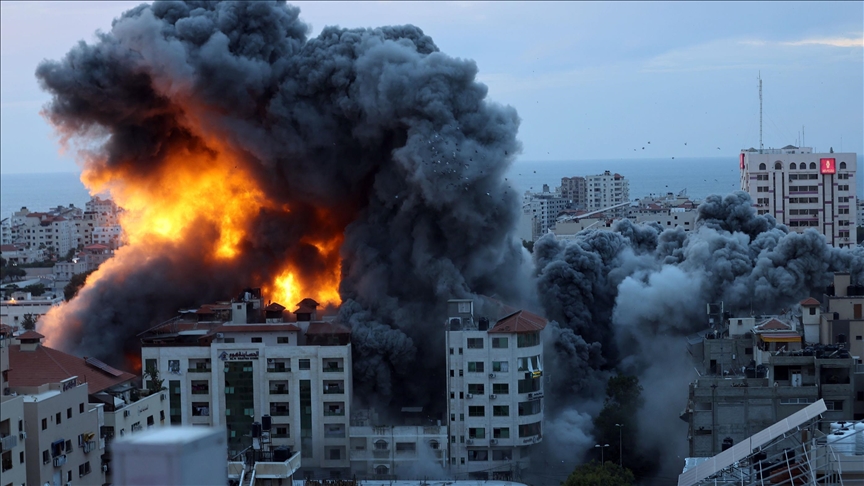The fragile peace in Gaza has shattered once again as large-scale Israeli airstrikes have reignited open-ended conflict in the region. The airstrikes, launched over the past several days, are reportedly part of a phased escalation strategy by Israel to pressure Hamas into releasing the remaining hostages captured during previous clashes.
The renewed military action effectively ends the ceasefire agreement brokered in January, which had brought temporary calm to the volatile region. Israeli officials have justified the strikes as a necessary measure to secure the release of hostages and curb Hamas’s military capabilities. However, the strikes have intensified tensions, raising fears of further civilian casualties and displacement.
Hamas has responded with rocket fire toward southern Israel, leading to heightened security alerts in major cities. The international community has expressed concern over the escalation, urging both sides to return to negotiations to prevent a prolonged conflict.
As the situation develops, the humanitarian impact is already being felt across Gaza, where infrastructure damage and casualties are mounting. Aid organizations are calling for immediate international intervention to protect civilians and restore stability in the region.
The collapse of the ceasefire underscores the deep-rooted challenges in the Israeli-Palestinian conflict, highlighting the urgent need for a sustainable diplomatic solution.

